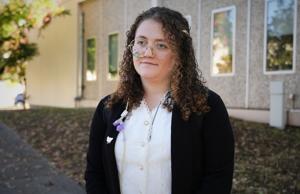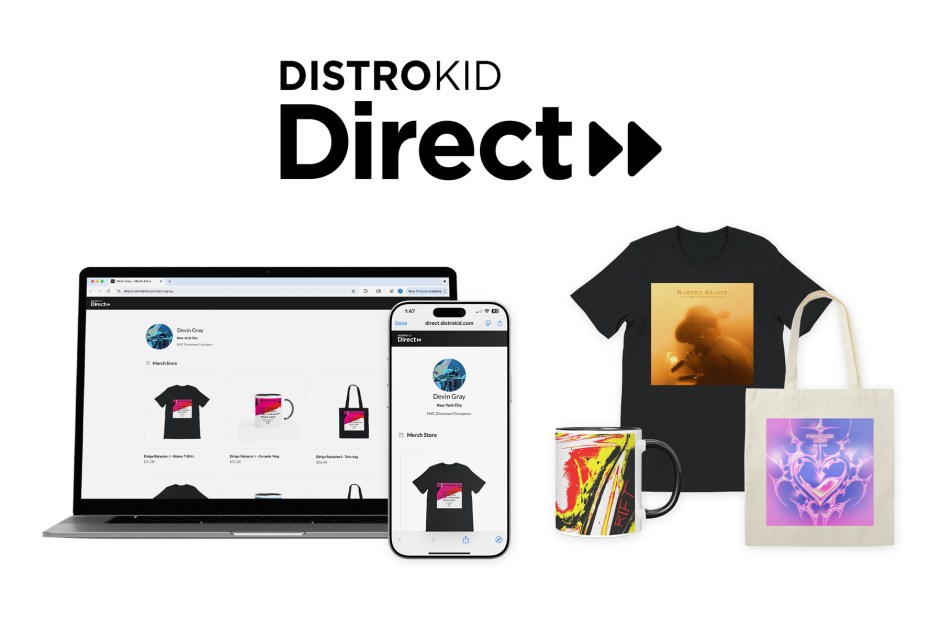Gen Z Prefers TikTok Advice Over Traditional Doctors, Survey Finds

The phrase “doctor’s orders” is losing its influence among Generation Z, as a recent survey reveals a significant shift towards social media platforms like TikTok for health advice. This trend highlights a growing reliance on digital content over traditional medical consultations.
According to the survey, a substantial portion of Gen Z individuals are more inclined to seek health information through direct messages (DMs) on social media rather than scheduling appointments with medical professionals. This shift raises questions about the future of healthcare communication and the role of digital influencers in shaping health behaviors.
Understanding the Shift
The survey, conducted by a leading research institute, indicates that nearly 40% of Gen Z respondents prefer to consult social media platforms for health-related advice. This preference is driven by the accessibility and perceived relatability of content creators who often share personal experiences and health tips.
Dr. Lisa Martinez, a healthcare analyst, explains, “The digital native generation finds comfort in the immediacy and community feel of social media platforms. They perceive these platforms as more relatable than traditional healthcare settings.”
The Role of Social Media Platforms
Platforms like TikTok, Instagram, and Snapchat have become primary sources of information for Gen Z, with influencers and content creators often filling the role of informal health advisors. The interactive nature of these platforms allows users to engage directly with creators, ask questions, and receive personalized responses.
However, this trend is not without its challenges. The American Medical Association has expressed concerns about the accuracy of health information shared on these platforms, emphasizing the importance of consulting qualified healthcare professionals.
Historical Context and Comparisons
This development follows a broader trend of digital transformation across various sectors. Historically, each generation has experienced shifts in how they access information, from the rise of television to the advent of the internet. The current shift towards social media is simply the latest iteration.
During the COVID-19 pandemic, the reliance on digital platforms for health information intensified, as lockdowns and social distancing measures limited access to in-person consultations. This period marked a significant increase in the consumption of health-related content on social media.
Expert Opinions and Implications
Experts warn that while social media can be a valuable tool for raising awareness, it should not replace professional medical advice. Dr. Martinez notes, “The danger lies in misinformation. It’s crucial for users to verify the credibility of the information and consult healthcare professionals when necessary.”
Looking forward, the healthcare industry may need to adapt by integrating digital communication strategies to engage with younger demographics effectively. This could involve collaborations with social media influencers or the development of official digital platforms for health advice.
“By the Numbers: 40% of Gen Z prefers social media for health advice over traditional doctors.”
The Future of Healthcare Communication
The move towards digital platforms represents a significant shift in healthcare communication. As Generation Z continues to influence market trends, healthcare providers may need to consider innovative approaches to maintain engagement and trust with this demographic.
Meanwhile, educators and policymakers are tasked with ensuring that young individuals are equipped with the critical thinking skills necessary to navigate the vast array of information available online.
In conclusion, while the rise of social media as a source of health information presents both opportunities and challenges, it underscores the necessity for a balanced approach that combines digital innovation with traditional medical expertise.






